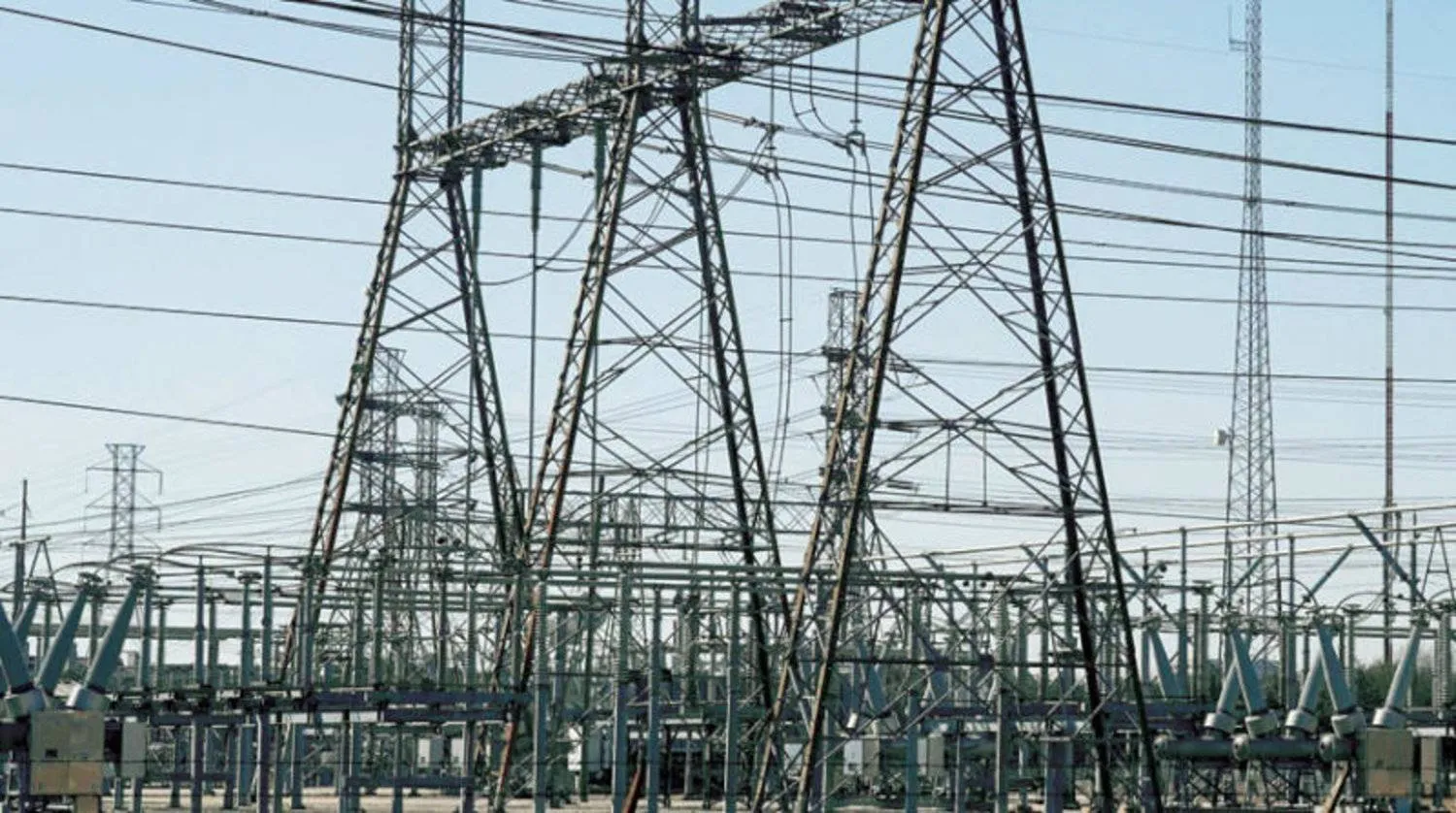The 2023 annual report from Jordan’s Ministry of Energy and Mineral Resources said the second phase of the Jordan-Iraq electrical interconnection project is on track to be completed in the first quarter of 2025.
Work has commenced on civil and engineering tasks, including procuring materials, electrical breakers, transformers, and related infrastructure for the 400 kV transmission line, said the report that was released by the Jordan News Agency (Petra) on Monday.
Phase two of the project will involve supplying electricity to the Al-Qaim area in Iraq with a load capacity of 150-200 MW at 400 kV, following the completion of the 330 kV transmission line. The project also includes completing the electrical connection at Al-Qaim substation (132/400 kV) on the Iraqi side and constructing the Risha substation (132/33/400 kV) on the Jordanian side.
The project’s first phase, which became operational in the first quarter of this year, involved supplying electricity to the Al-Rutba area in Iraq at 132 kV, with a capacity of 40 MW. This phase required the construction of a 150 km transmission line on the Iraqi side.
The report also stressed that all technical and economic studies, as well as agreements related to the interconnection project with Saudi Arabia - such as the interconnection agreement, operational agreement, and commercial agreement - have been finalized.
Preliminary agreements have been signed with the Arab Fund for Economic and Social Development for loan and guarantee agreements amounting to 22 million Kuwaiti dinars (approximately $71.6 million) for the Jordan-Saudi Arabia interconnection project. Final agreements are pending to initiate the project.









